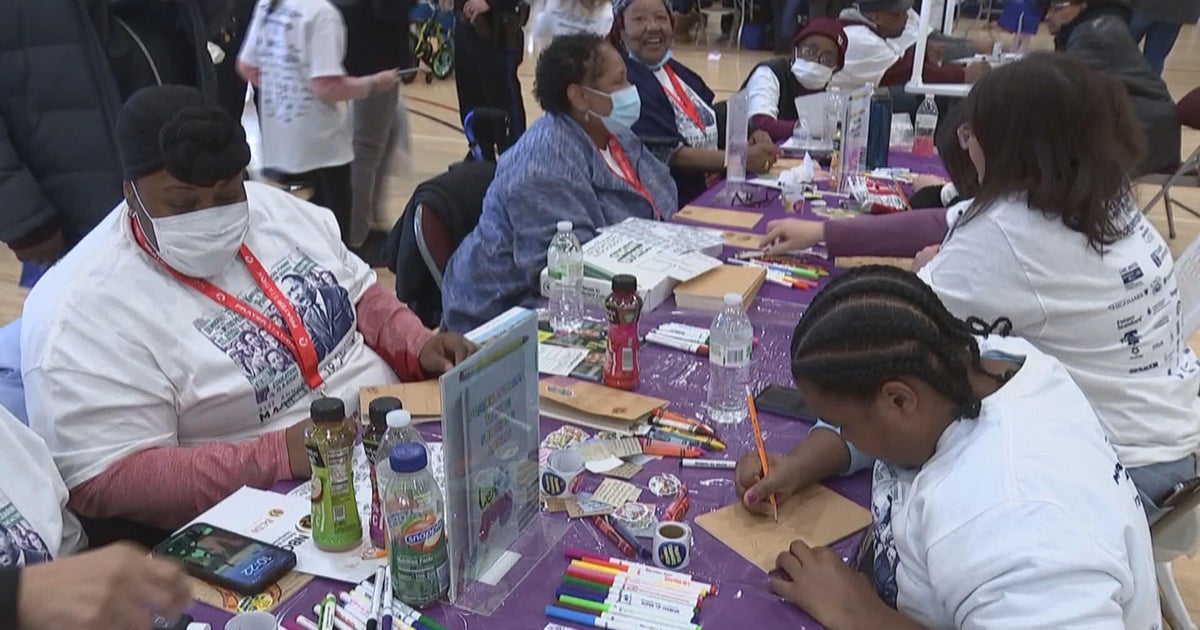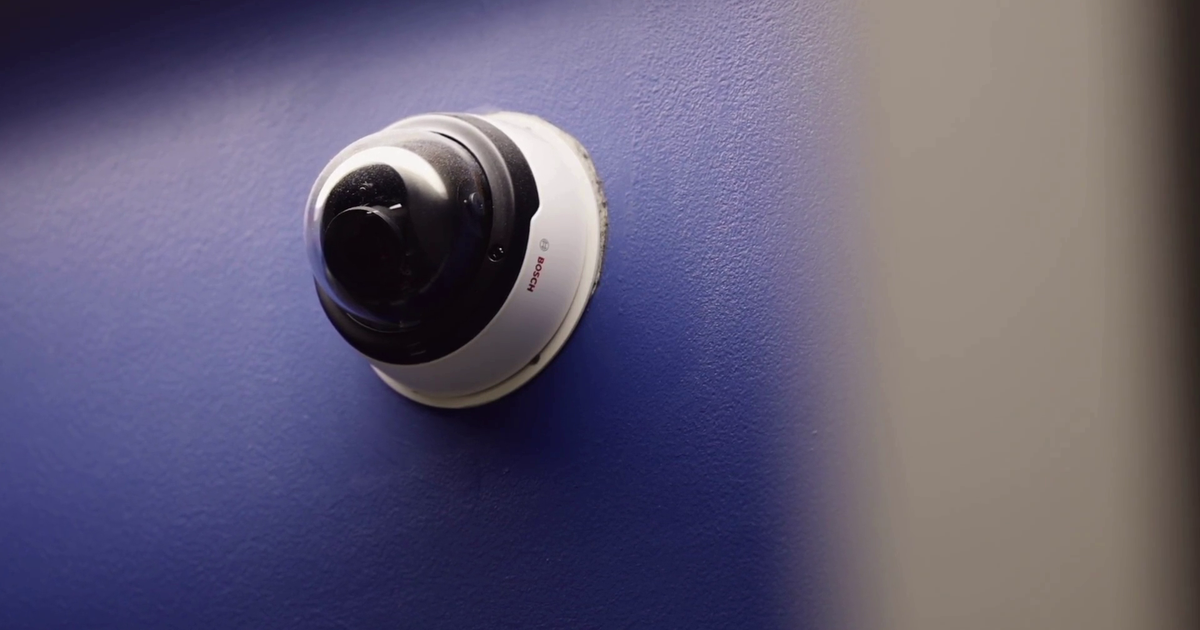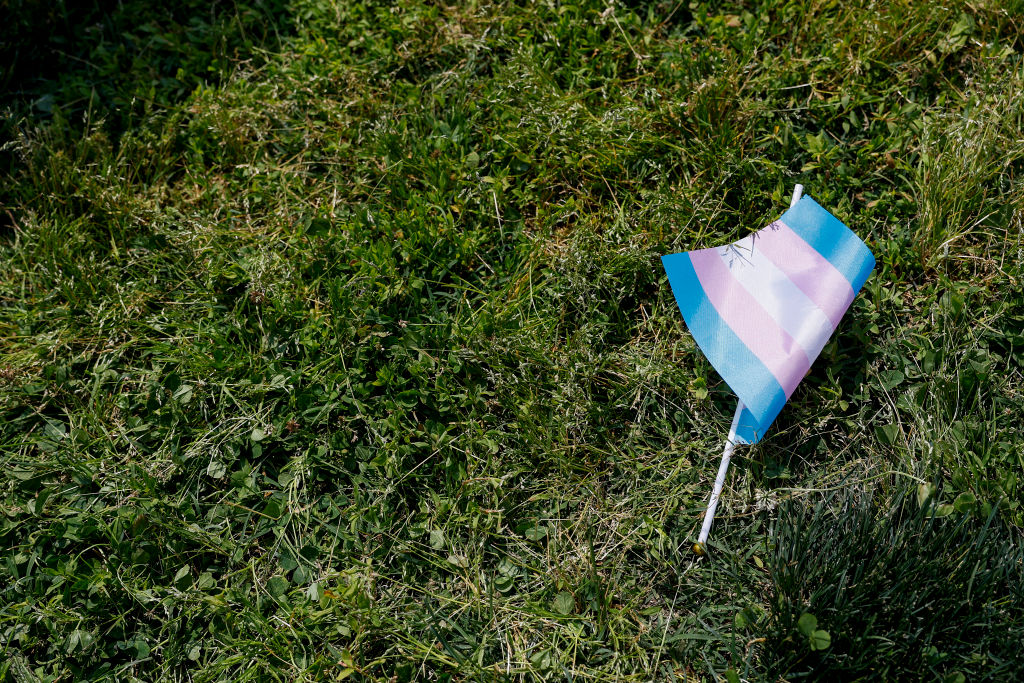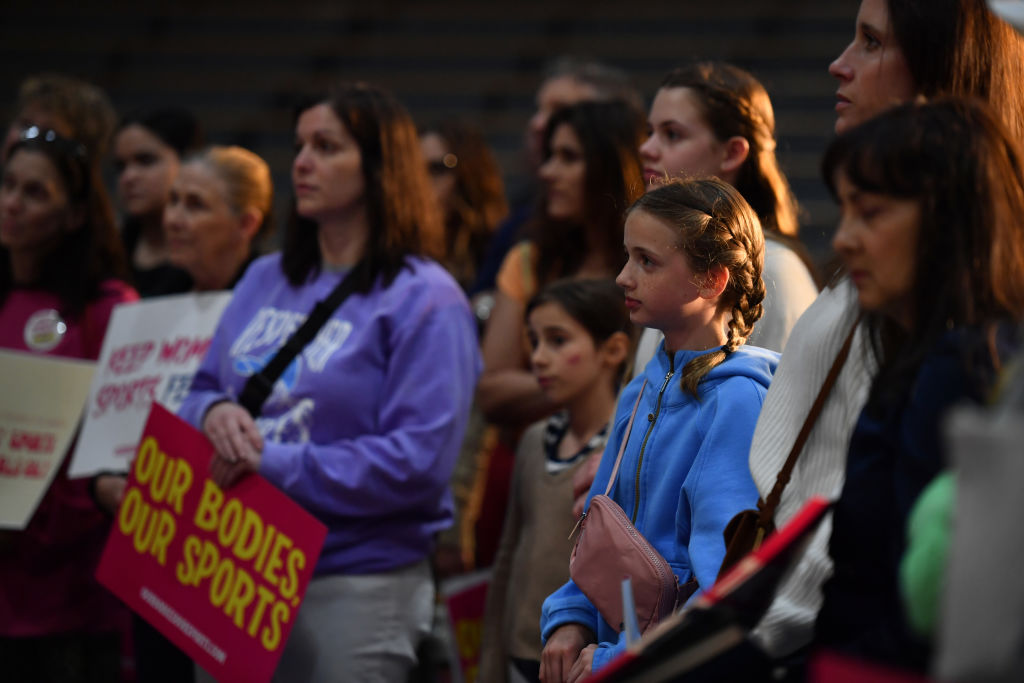Women in Japan fight expectation to wear high heels with #KuToo movement
Women in Japan are fighting back against the expectation that they wear high heels to work. Taking a page from the #MeToo movement, tens of thousands are participating in a social media campaign called #KuToo, which means shoe suffering.
Activist Yumi Ishikawa has become the face of the social movement. Her feet are always shot in flat shoes, CBS News correspondent Lucy Craft reports.
"Shoes are an expression of Japan's male chauvinism," she said. "It all comes down to gender equality."
High heels have become part of the dress code for working women in Japan. Wearing them is considered a kind of office etiquette. Even Japan's labor minister called high heels necessary and reasonable.
Heels were mandatory at Ishikawa's old job at a funeral parlor where she spent six hours a day on her feet. "Three-inch heels were the rule," she said, "When quitting time rolled around my toes were bleeding. I thought guys do the same job as me. Why do they get to wear flat shoes?"
Ishikawa vented online, prompting scores of women to share horror stories about grinning and bearing it through blisters, back pain and hammertoes inflicted by prolonged high heel use. That's when the #KuToo movement was born, demanding the right to comfortable footwear at work.
The movement has already had some success. Recently, major bank Sumitomo Mitsui abolished formal dress codes, a move many in Japan support.
"Traditional companies might require heels, but not newer, more progressive firms," said Saori Kikochi, who works in IT.





